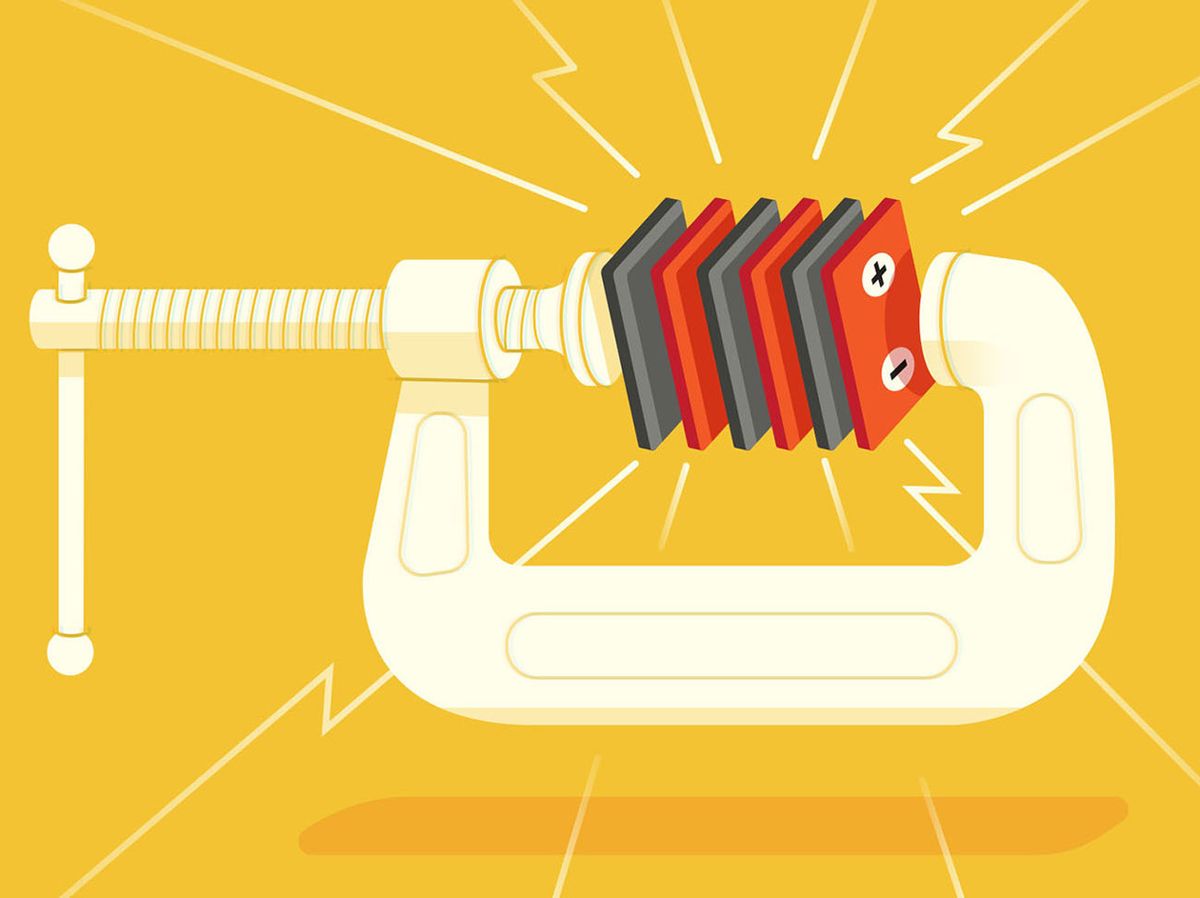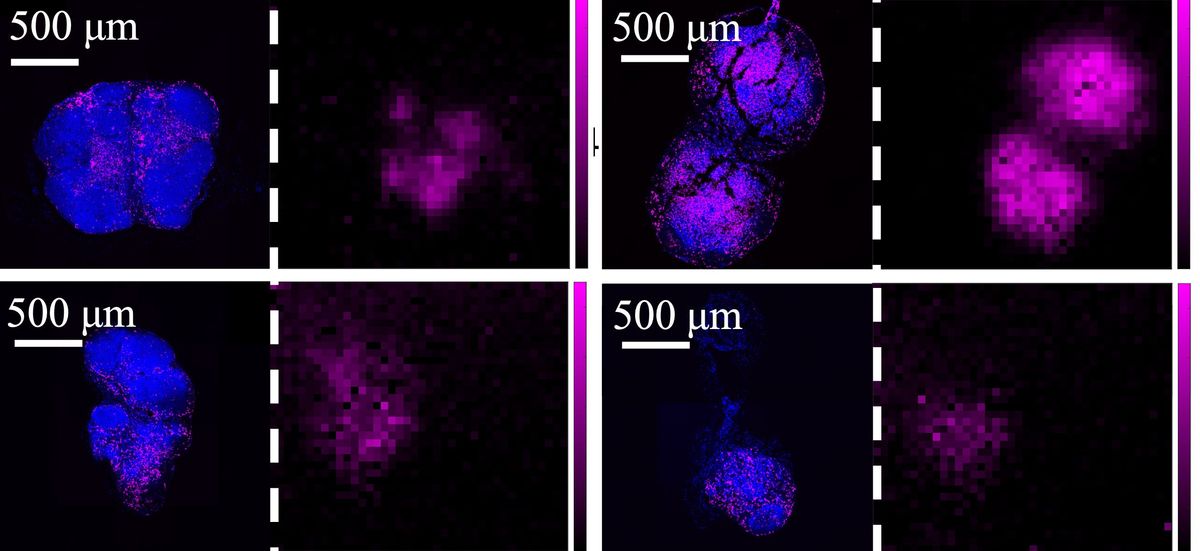How I loved the Macintosh Portable, Apple's first laptop, which I bought shortly after it was introduced in 1989. Today, my infatuation seems pretty incomprehensible, though. The thing cost US $7,300. Its display had no backlight. And, most crushingly, the unit weighed more than 7 kilograms (16 pounds)—much of that weight from a lead-acid battery.
Thirty-two years later, our laptops are powered by much, much lighter lithium-ion or lithium-polymer batteries. My lap is relieved, but the battery life is the same—it's still about 10 hours, as it was with the Macintosh Portable. Batteries have gotten a whole lot better, but they have not gotten Moore's-Law better.
We're living in battery-powered times. Incredible amounts of capital are going into gigaplants that produce millions of battery cells per day, and there are rivers of cash flowing to R&D on advanced batteries. There are fortunes to be made and new megacorporations to be built. Not only will batteries be needed for our phones, laptops, power tools, cars, ships, and planes, but also to store energy from renewable sources. Batteries are key to decarbonizing our economies.
It would be great if batteries could improve exponentially, à la Moore's Law. But it'll never happen. Gordon Moore himself told us so in his seminal 1965 magazine article, in which he predicted that we would be able to double the number of components in a digital integrated circuit every year for the next 10 years (turns out he was a pessimist). He also said that the same sort of performance increase would not happen for devices that needed to store energy.
In digital electronics, all you need to do is detect a voltage—or not—to establish whether a binary digit is a “1" or a “0." The actual amount of current the voltage can drive does not really matter. So you can repeatedly halve the amount of matter in each transistor and still have a working circuit. For batteries, however, we need to store energy in a material, using a reversible mechanism so that we can tap that energy later. And because we pack that matter as full of energy as we can, halving the amount of matter halves the amount of energy we can store. No Moore's Law. Not ever.
So the huge improvements in batteries over the past 30 years are all the more astounding. According to one recent study, by the metric of price per energy capacity, lithium-ion batteries have improved by 13 percent per year since their commercial introduction in 1991. These improvements came as the batteries became more environmentally benign, less dependent on rare earth elements, easier to manufacture, more reliable, and longer-lived.
Today's chemical batteries can produce only low voltages, so you need to connect a lot of them in series to get a high voltage and also many in parallel so that they are both manufacturable and still able to deliver high power. All of today's batteries, in anything larger than a cellphone, are made up of multiple smaller battery cells. Even ordinary 9-volt batteries contain six separate cylindrical, 1.5-volt cells, packed two by three. Within each of those cells is a chemical paste that stores the charges.
Today, the big breakthroughs in batteries are being made for EVs. Tesla is now, arguably, a battery company. Other car companies are buying up or investing in battery startups, with financing rounds now in the billions of dollars each.
For grid-scale storage, researchers are trying to move beyond collections of small individual cells and are experimenting with large vats that store energy in fixed battery farms. We are also now starting to see utility-scale energy-storage trials where chemistry has been replaced by gravity. Large weights are cranked up tens of meters, and then lowered when power is needed, driving generators.
There'll be no Moore's Law, but there will be lots of reward for every little improvement in batteries and their manufacturing technologies. If I were to offer advice to an ambitious young graduate today, I'd have one word for her: “Batteries."
Rodney Brooks is the Panasonic Professor of Robotics (emeritus) at MIT, where he was director of the AI Lab and then CSAIL. He has been cofounder of iRobot, Rethink Robotics, and Robust AI, where he is currently CTO.



